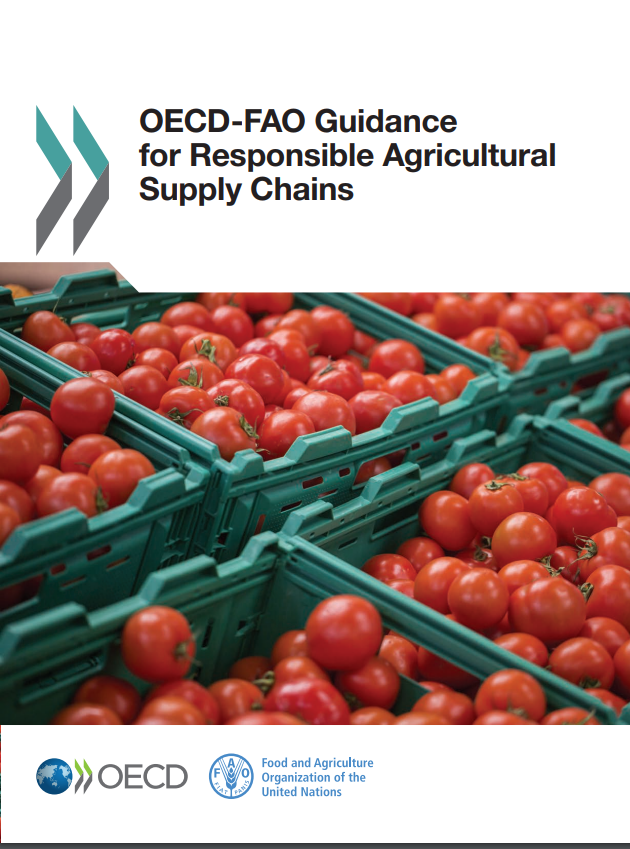The OECD-FAO Guidance for Responsible Agricultural Supply Chains (the Guidance) has been developed to help enterprises observe existing standards for responsible business conduct along agricultural supply chains.
These standards include the OECD Guidelines for Multinational Enterprises, the Principles for Responsible Investment in Agriculture and Food Systems, and the Voluntary Guidelines on the Responsible Governance of Tenure of Land, Fisheries and Forests in the Context of National Food Security. Observing these standards helps enterprises mitigate their adverse impacts and contribute to sustainable development.
child labour

